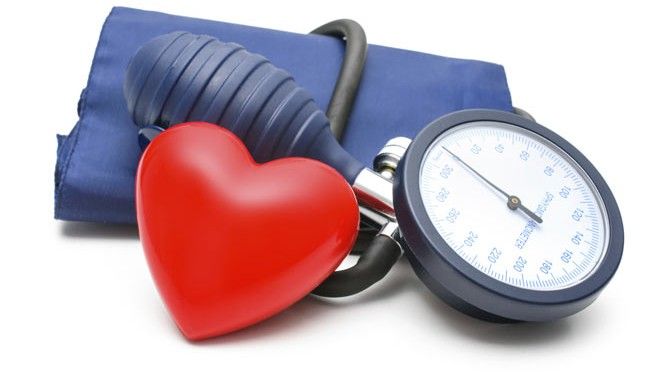
High Blood Pressure
While some people may require medication to keep their blood pressure under control, most of them can control it with diet, weight loss, correct intake of vitamin supplements and proper stress management. Your blood pressure is a major reflection of your heart health. There are 3 major consequences of high blood pressure – a stroke, kidney damage or a heart attack, therefore keeping it normal is unquestionably important. Research shows that foods are laden with blood pressure boosting or reducing compounds.
In ancient times, in the primitive cultures, high blood pressure was unknown. Modernization has brought about this ailment upon ourselves. Modernization has given us refined foods like sugar, maida, refined oils, eating out frequently, inactivity, stress, overeating, smoking, excess alcohol intake, irregular eating and sleeping patterns. All this leads to a whole lot of degenerative diseases including cancer, heart disease, diabetes, asthma etc.
If you are overweight, begin a gradual weight loss program. As you begin to shed off pounds you will lower your blood pressure. If you are stress out, set some of your time aside for yoga and meditation. Along with this you need to follow a nutritious diet and supplement with & minerals.
Potassium
It has blood pressure lowering effects. In fact, low levels of potassium in the body lead to increased sodium retention, calcium loss, and raise blood pressure. Potassium helps normalize blood pressure by relaxing the blood vessels and helping the body get rid of excess water and salt. Freshly prepared vegetable juices are an extra ordinary source of potassium. Most fruits such as banana, watermelon, muskmelon, papaya, peaches are rich in potassium. Milk, dry fruits, fruit and vegetable juices, potatoes, whole grains, pulses are good sources of potassium. Those suffering from hypertension along with poor kidneys, need to control their potassium intake as an excess amount can be toxic due to improper kidney function. They should, therefore, consult their physicians.
Calcium
The calcium to phosphorus ratio has a bearing on blood pressure. The ratio of 2:1 is ideal. When you take in higher amounts of phosphorous (as in meats, soft drinks, chocolates) the ratio gets disrupted, eventually leading to high blood pressure. Non-vegetarian diets are rich in protein, and too much protein leaches calcium out of the body leading to Osteoporosis and increased risk of developing high blood pressure.
Magnesium
High blood pressure could also be due to a magnesium deficiency. Supplementing with fish, leafy vegetables, pulses and brown rice, which are good sources of magnesium will help normalize your blood pressure. Most people need about 300-400mg of magnesium daily to keep their blood pressure under control. Natural sources of magnesium include nuts, whole grains, wheat bran, and leafy vegetables. If you have a kidney problem or a heart problem you should check with your doctor before taking supplemental magnesium.
What about salt
You don’t have to go off salt completely. Sodium restriction alone may not help to bring down blood pressure. It probably helps those who are ‘salt-sensitive’. Adding minerals like calcium, magnesium, phosphorous and potassium and losing weight has a far more significant blood pressure lowering effect. However along with the other corrections, eat less salt – but do not go to extremes and remove all sodium sources from your diet.
